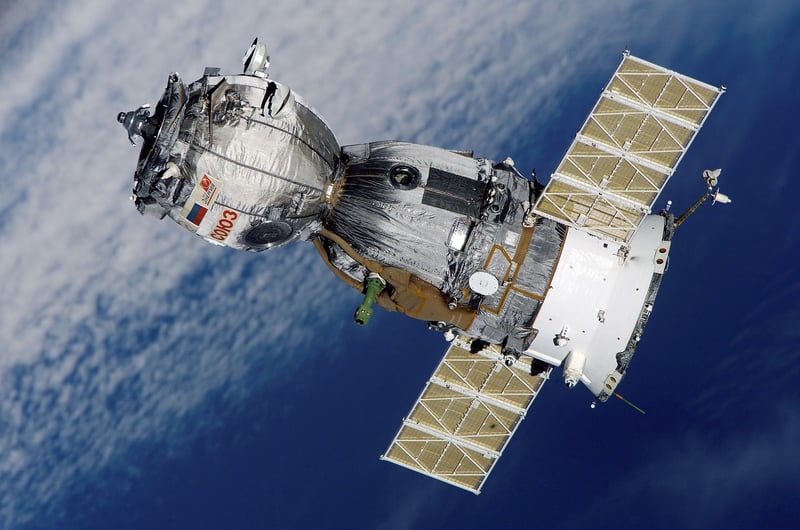Orbital Habitats
Exploring New Frontiers: The Future of Orbital Habitats
In the realm of space exploration, the concept of orbital habitats represents a significant leap forward in our quest to establish a sustainable presence beyond Earth. These futuristic structures hold the promise of enabling long-term human habitation in space, opening up a world of possibilities for scientific research, commercial ventures, and even space tourism.
The Vision of Orbital Habitats
Imagine a cluster of interconnected modules floating gracefully in the vast expanse of space, providing a safe and comfortable living environment for astronauts and researchers. These habitats are designed to simulate Earth-like conditions, complete with artificial gravity, life support systems, and recreational areas, offering a semblance of normalcy in the harsh vacuum of space.

Benefits of Orbital Habitats
- Scientific Research: Orbital habitats serve as ideal platforms for conducting experiments in microgravity, astronomy, and life sciences, leading to groundbreaking discoveries and advancements in various fields.
- Commercial Opportunities: These habitats open up new avenues for commercial activities such as space manufacturing, resource extraction, and satellite servicing, paving the way for a thriving space economy.
- Space Tourism: With the development of orbital habitats, space tourism is no longer a distant dream. Imagine vacationing in space, experiencing the wonders of zero gravity and witnessing Earth from a whole new perspective.
Challenges and Solutions
While the concept of orbital habitats holds immense promise, several challenges need to be addressed to realize this vision fully. These include radiation exposure, psychological effects of long-duration space travel, and the logistics of building and maintaining such structures in space.
Researchers and engineers are actively working on innovative solutions to overcome these challenges, such as advanced shielding materials to protect against radiation, psychological support systems to ensure the well-being of crew members, and autonomous construction techniques for assembling habitats in orbit.
The Future Awaits
As we look towards the future, the development of orbital habitats stands as a testament to human ingenuity and our relentless spirit of exploration. These floating outposts in space represent the next frontier in our quest to expand beyond the confines of our home planet and unlock the mysteries of the cosmos.
With ongoing advancements in technology and a growing interest in space exploration, the dream of establishing sustainable orbital habitats is closer to becoming a reality than ever before. The future of space is bright, and orbital habitats are set to play a pivotal role in shaping this exciting new chapter in human history.
